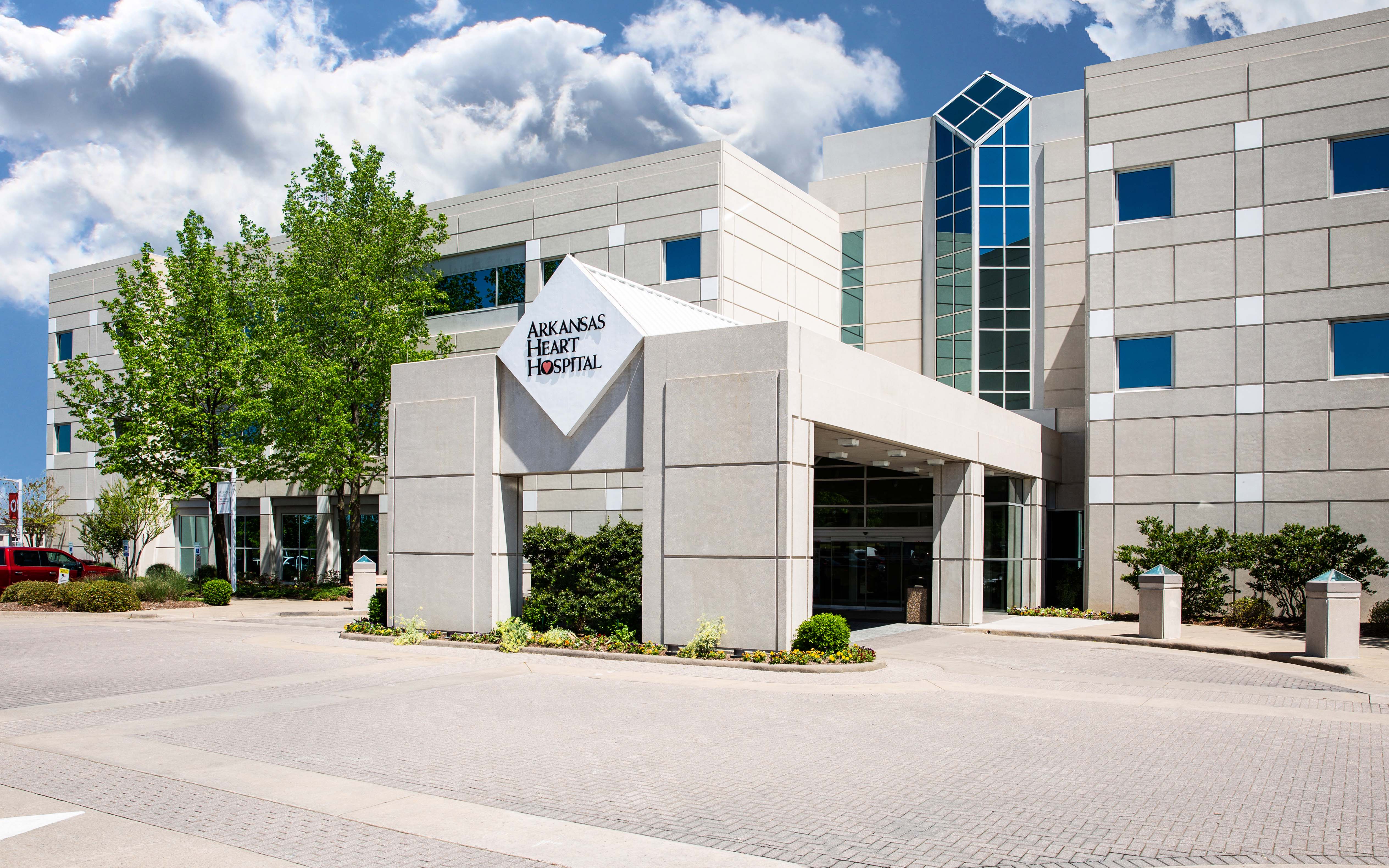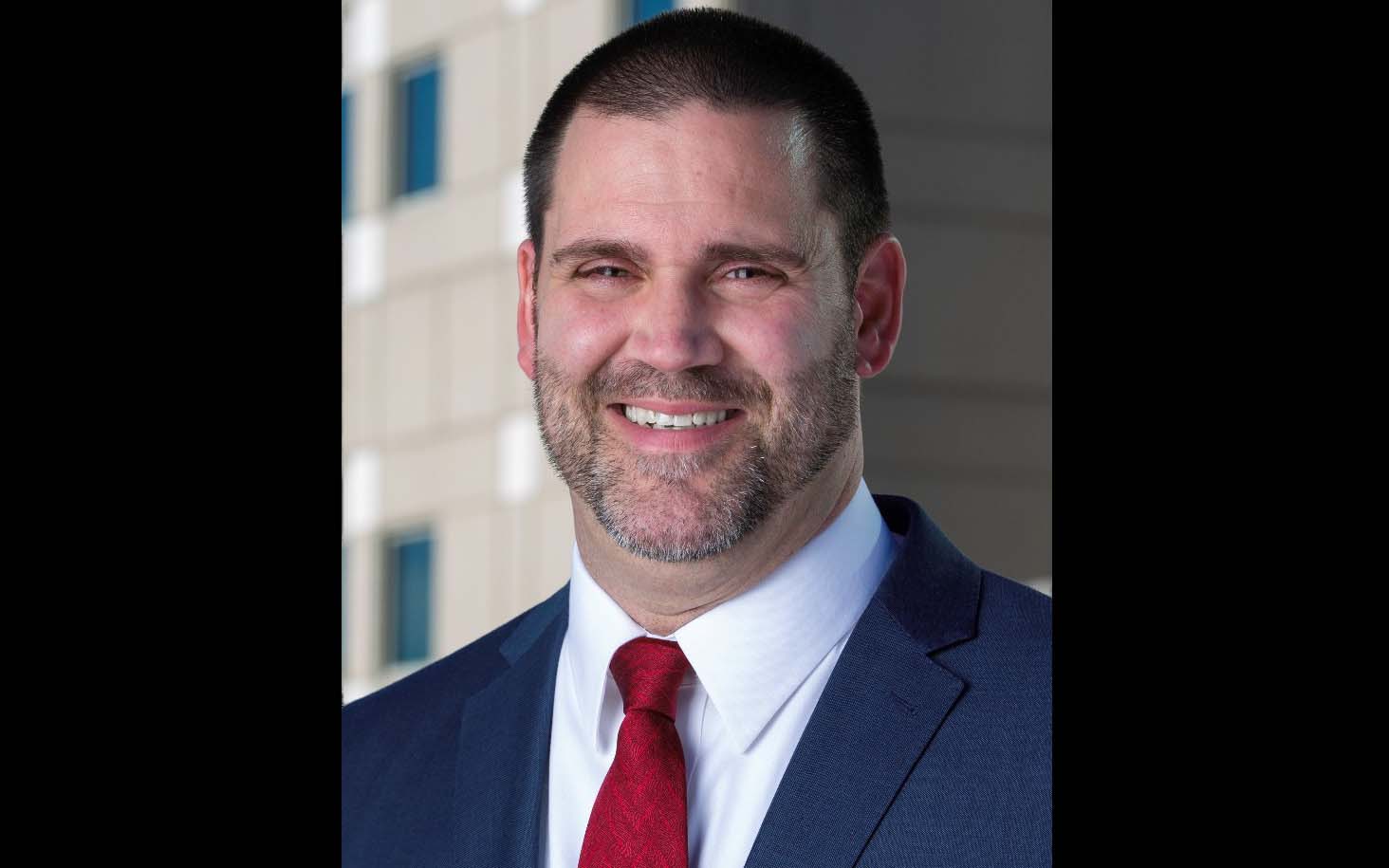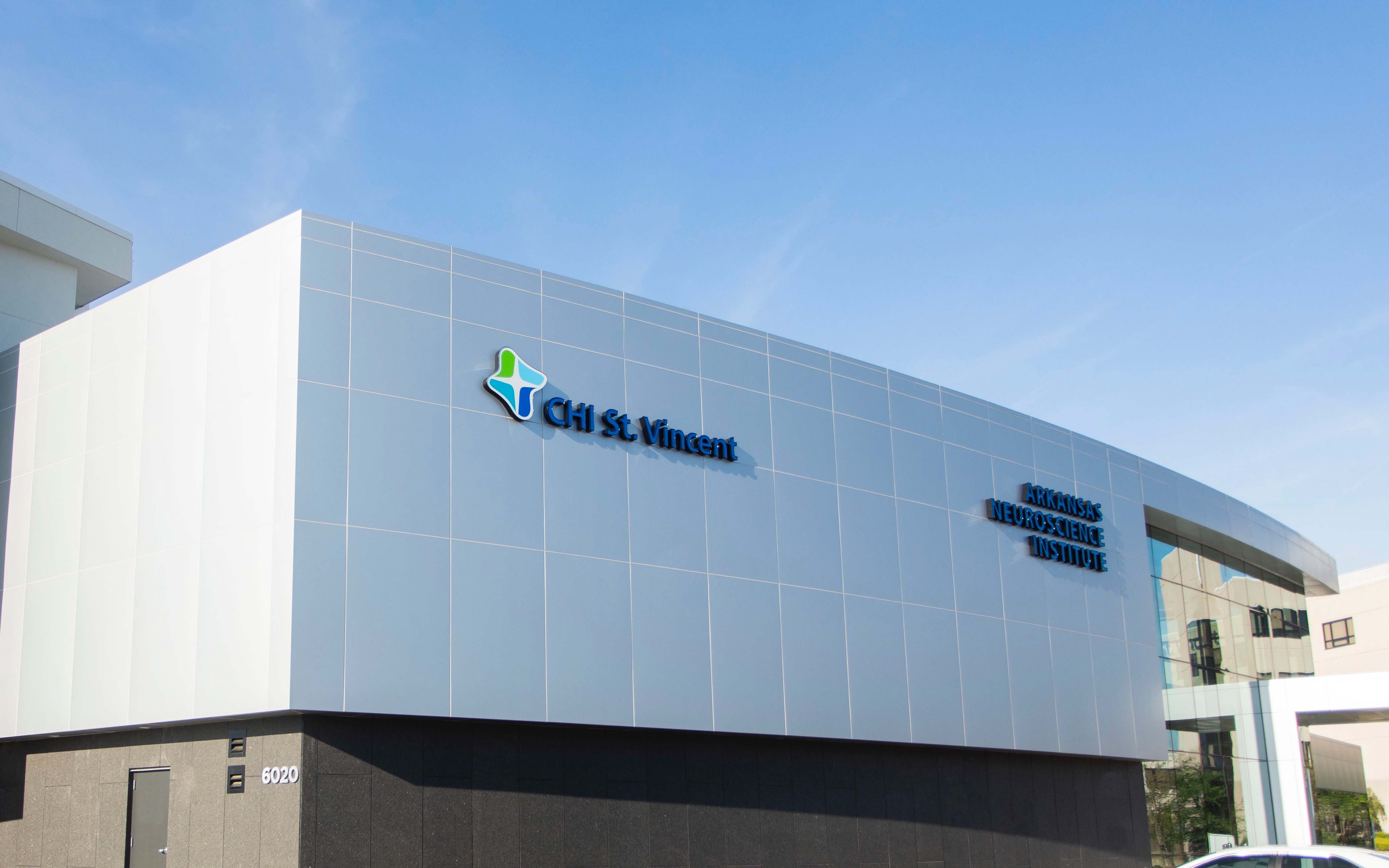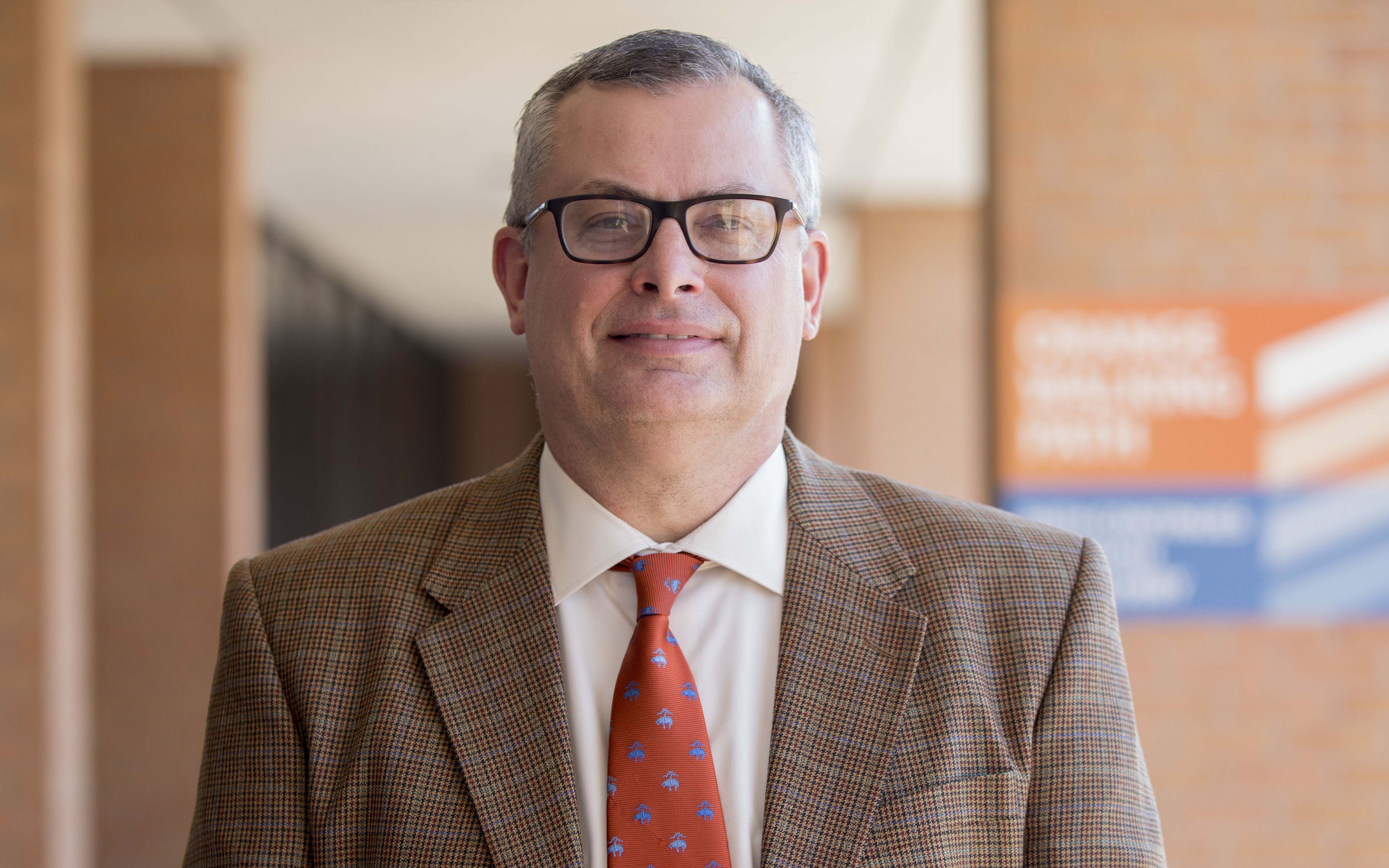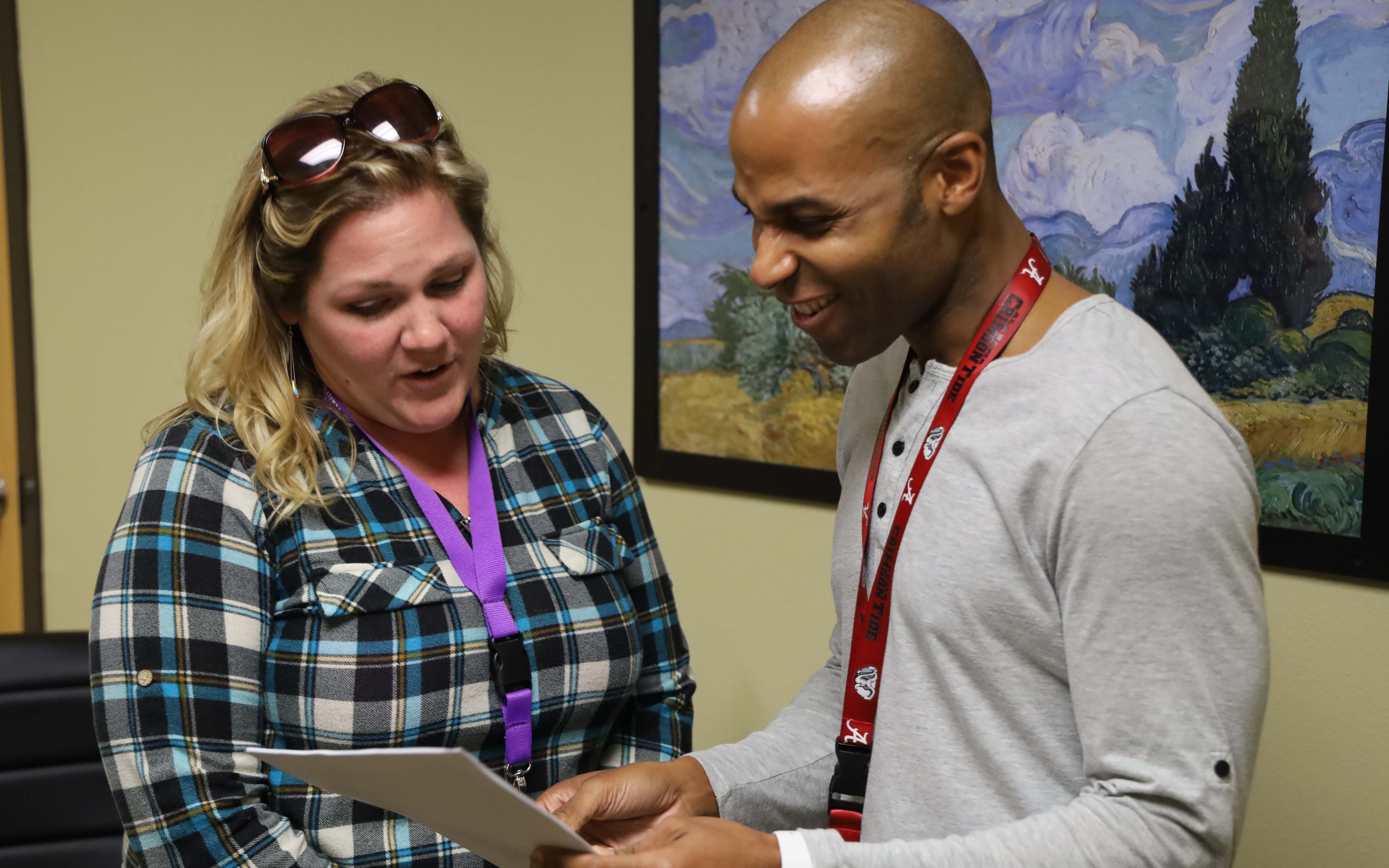One of a kind: Specialty hospitals thriving in Arkansas
February 24 - March 1, 2020
By Dwain Hebda
It’s hard to imagine an industry in a longer state of upheaval than American health care. From seemingly long-ago passage of Medicare – federally mandated charity care and the rise of HMOs through medical records technology, the Affordable Care Act and outcome-based compensation – health care’s business model has changed radically.
Specialty hospitals are very much a product of these tumultuous times. As community hospitals continue to fold and large health systems struggle to adapt to changing times, specialty hospitals have become a growing force in health care. Smaller, more nimble and hyper-focused on their chosen medical field, these boutique hospitals continue to mushroom worldwide.
A report by Insight Partners released last year, “Specialty Hospitals Market to 2027 - Global Analysis and Forecasts by Type,” predicts the global specialty hospitals market will reach $510 billion in 2027, up 2.85% in annual growth from $400 billion just ten years prior. The North American market is projected to grow at an even faster clip per the report, from $96 billion in 2018 to $120 billion in 2025, annual growth of 5%.
Under current reimbursement formulas, Arkansas is likely to lag the rest of the nation in specialty hospital growth, but there are still plenty of examples of the concept at work in The Natural State. The Daily Record visited with administrations from three such entities to talk about present services and future outlook.
ARKANSAS HEART HOSPITAL – Little Rock
Drew Jackson, president of Arkansas Heart Hospital, is handy with a phrase. In describing the market in which the highly-decorated, for-profit hospital operates, he whips up a doozy.
“If you look at the cardiac belt across America, it starts in western Oklahoma and ends in eastern Alabama,” he said. “Little Rock is the belt buckle.”
While this fact is nothing to brag about, it does explain the motivation behind founding the hospital in 1997.
“In the mid ‘90s, the golden age of cardiology, a lot of technology was coming out on how to treat heart disease,” he said. “Seven cardiologists, who are considered our founders, were trying to get into the cath labs at other institutions in town (which) at the time, were not heavily investing in cardiology.”
Frustrated with the status quo, the founders launched their own cath lab and quickly built a hospital around it. Now, 23 years later, Arkansas Heart Hospital is a dominant player in cardiac care in Arkansas and a beacon for such care nationally. In addition to the original Little Rock hospital, the organization has grown to include 30 clinics statewide in communities as small as Dequeen and Nashville.
It’s also building Encore Medical Center, a new four-story, 25-bed specialty hospital in Bryant. Encore will expand services by providing treatment of specific conditions that have a direct bearing on a patient’s cardiac health.
“The whole reason for this is, we started doing bariatric patients here,” he said. “We’re resolving diabetes 85% of the time. You walk in with diabetes, you have the surgery, you walk out on no medication a day later.”
“Why is that important? Well, diabetes and heart disease go hand-in-hand. Diabetic ulcers, diabetic wounds; it’s an insidious circle of obesity, cardiovascular disease, diabetes, that all comes together.”
Last March, Arkansas Heart Hospital became the only hospital in Little Rock and one of only two in the state to receive the prestigious Five-Star Overall hospital rating by the Centers for Medicare and Medicaid Services (CMS). Jackson points to the ratings as proof positive of the effectiveness of the specialty hospital concept.
“Look at the top 10 every year of five-star or highly rated hospitals in the country. A disproportionate number of those are going to be physician-owned or physician-led,” he said. “At the end of the day, their focus is making you as well as they can make you, making you as fit as they can make you, because guess what? You’re a customer and they want you to come back and they want your family to come back.”
“I believe you’re going to see more specialty (hospital) involvement moving forward. I’ve got groups now that are coming here to visit this hospital and look at this model, because that’s what they’re about to do in their state.”
ARKANSAS NEUROSCIENCE INSTITUTE – Sherwood
As world-class medical centers go, the Arkansas Neuroscience Institute (ANI) doesn’t blare at you. It’s not even the sole tenant of CHI North hospital tucked into a nondescript Sherwood neighborhood. But make no mistake, this specialty hospital within a hospital is an institution of global proportions.
“We realized we had a real opportunity to move our neuro service line from the (Little Rock) Infirmary where we had a capacity issue,” said Shawn Barnett, COO for CHI St. Vincent Infirmary and North. “There were just 14 beds on the floor and there really wasn’t any dedicated OR space for neurosurgery. We realized if we were to grow that service line, it needed a different setup.”
ANI represented a huge leap forward for Arkansas as a destination for neurosurgeons for training, research and practice. Dubbed the Neuroscience Campus, the $30 million project is the first in the region. The treatment component handles cases from 75 counties in Arkansas and all 50 states while the neuroscience education center trains neurosurgeons from some of the most prestigious hospitals in the world.
Barnett said ANI does not yet exclusively occupy CHI St. Vincent North only because other medical needs of the community don’t allow for it yet.
“There’s a huge void in health care access between North Little Rock and Searcy,” he said. “Communities are coming to us for (broader medical) services, so I don’t know that we’re going to be able to say in the next 12 months that we’re just going to be a neuro hospital. I don’t think that’s possible at this point in time.”
What this specialty focus does do, said Barnett, is shine a light on a specific area of the hospital’s expertise, simultaneously accentuating CHI St. Vincent’s reputation while pushing it to live up to its billing.
“What it does is, it puts an emphasis on that particular service line,” he said. “It creates a focus and a level of attention such that we have to provide a higher level of care. Where we’re going with this is (Director) Dr. Ali Krisht wants to be the premier neurosurgery operation in the state of Arkansas, the region and be recognized internationally. Those are our objectives.”
As for wholesale growth of specialty hospitals – be they a component of larger health systems or otherwise – Barnett says financial considerations in Arkansas are not in boutique hospitals’ favor.
“Arkansas is a high-utilized Medicaid state and the commercial insurance plans are lower in Arkansas from a reimbursement perspective than what you would see in other states,” said Barnett. “So, the attractiveness of owners coming in and developing specialty hospitals is not as much in our state.”
“Because of these reimbursement issues, you’ll see a bigger emphasis of specialty hospitals in other states,” he said. “Here, there are not as many and that’s one nuance that Arkansas has to deal with.”
METHODIST BEHAVIORAL HOSPITAL – Maumelle
In the continuum of mental/behavioral health care options, Methodist Behavioral Hospital isn’t the only treatment option in central Arkansas. It’s not even the only game in town. But if it were not here on this quiet street in Maumelle, many children and their families from one end of the state to the other would find it much harder to get their brand of help, said Shari Willding, hospital administrator.
“We do have a specialized population of kids that we work with,” she said. “If we weren’t here, it would be an even bigger challenge for the state to find a place that would be willing to take these children. In all honestly, a lot of times Methodist is the only provider that will agree to take the children that have had multiple failed placements. We are known as ‘that provider.’”
Willding continued: “We work very closely with the state of Arkansas for children in DHS (Department of Human Service) custody. These children oftentimes have multiple traumas, also have multiple failed placements. Foster kids. Abuse, much of the time. Usually parental rights have been terminated. They don’t have any other options, because everywhere they’ve been, it has not worked out. Then they find themselves here with us, sometimes for an extended period of time.”
The hospital, which opened in 2001, offers 60 beds, 12 of which are sub-acute. They are used to house boys ages 5 to 12 who are here, on average, about 3 to 6 months. The other 48 beds are for acute cases, male and female children and youth ages 5 to 17, who are here for short-term, immediate stabilization lasting 3 to 7 days.
In addition to referrals from the state, Methodist is also frequently referred by local mental health physicians and, often, regular families desperate for help.
“All of the above,” Willding said. “We receive calls from juvenile court. We receive calls from the schools. Sometimes it’s just parents saying I need help. Primary care physicians will refer as well.”
Mental health hospitals in general suffer from image problems, portrayed as warehouses for troubled children and youth. It’s an image Willding and her staff work hard to counteract, especially as mental health issues gain more attention in the media.
“We’ve spent a lot of time, specifically over the last 10 years, trying to destigmatize hospital settings,” Willding said. “A big part of that is to break down that veil and push out that communication. Really, the stark difference is, it’s not a powerless situation; our model very specifically works to empower our children to learn the socially appropriate way to handle self and situations.”
“With the help of a therapist, their physician and medications and nursing, the whole purpose is not babysitting,” she said. “We’re not just sitting there until you wait your time out. It’s engaging the child to learn a better way to go about what they’re trying to do, whatever goal that might be.”
(Photos provided)



